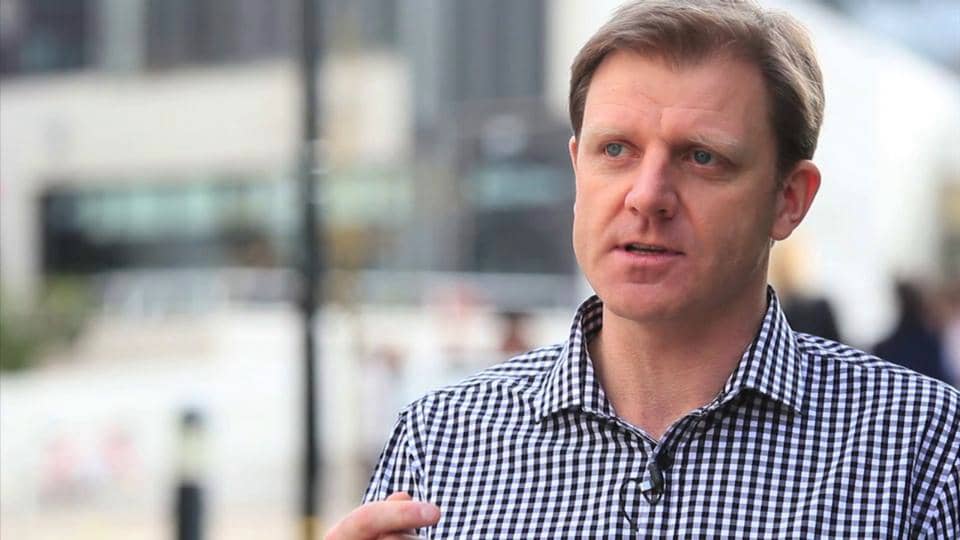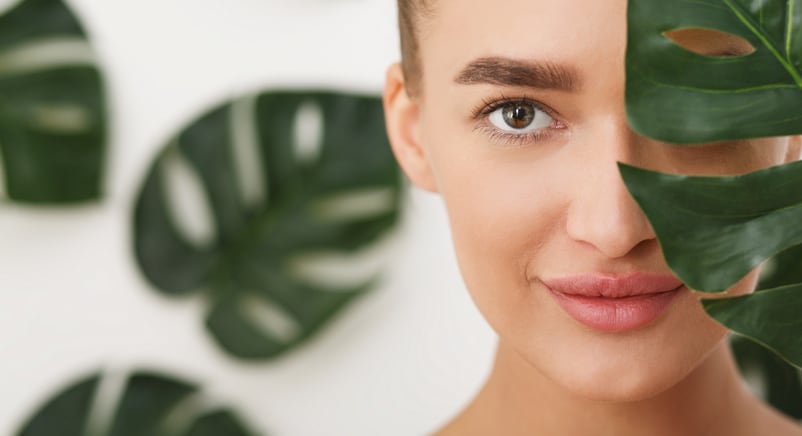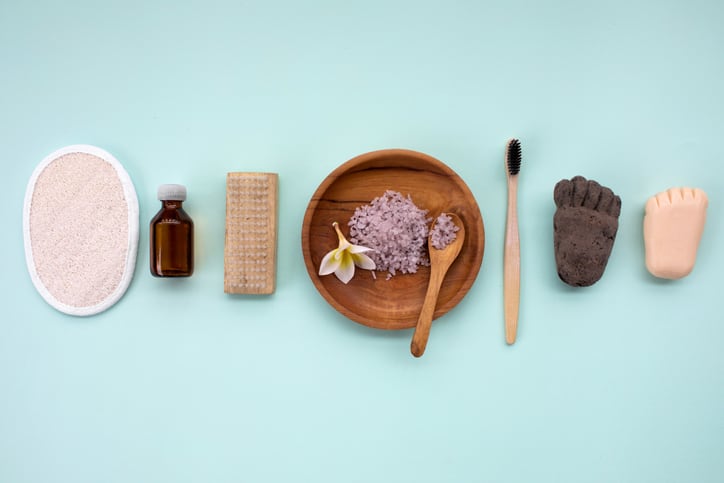This year’s United Nations Climate Action Summit held in September sparked a flurry of talk around sustainability initiatives and commitments, including the UN Global Compact Business Ambition for 1.5°C, signed by L’Oréal, and the One Planet Business for Biodiversity (OP2B), signed by Unilever and L’Oréal. Add to this recent widespread packaging pledges - The Body Shop with its Fair Trade pledge; Unilever slashing use of virgin plastics; and L’Oréal’s paper-based tubes - and it’s clear sustainability is front-of-mind for the beauty and personal care world. But are efforts enough?
Chris Sherwin, director of sustainable design consulting firm reboot innovation, said beauty and personal care companies often addressed sustainability too late, following a damage limitation strategy instead of integrating it from the start.
Beauty eco-redesign ‘nips and tucks’ will no longer be enough
“We use the ‘s’ word a little late, once all the decisions have been made, when actually we should be asking: how do we build this in the front end?” Sherwin told CosmeticsDesign-Europe. “Bizarrely an R&D team would look at new ingredients, fragrances, new business models, packaging formats but very rarely have they done that through the sustainability lens.”
Current sustainability efforts in beauty and personal care, he said, could be coined ‘eco-redesign’ - incrementally improving products and packaging, sourcing different ingredients or perhaps obtaining certain certifications. However, these “minor nips and tucks”, he said, would “no longer be enough in this changing world”.
“…Brands will need to do ‘more good’ for the planet and people, going beyond the eco-redesign of today’s products. I’m calling it green game-changing.”

Of course, Sherwin said incremental efforts remained important and shouldn’t be ditched in favour of just green ideas, but industry research and development methods had to shift dramatically.
“A percentage of your R&D spend or future business funds – 20% or something – should, I believe, be spent on future sustainability opportunities; entirely new to the world of sustainable innovations. If you do one without the other, say, incremental without the break-through stuff, your work is not up to the task. And if you only do the break-through stuff, you’re arguably greenwashing your portfolio.”
Addressing a global ‘climate and ecological crisis’
As the world declared a “climate and ecological crisis”, Sherwin said disruption would be unavoidable, bringing both risks and opportunities to all categories, not least of all beauty and personal care.
“You can bury your head in the sand as a brand and a business and wait to deal with the effects once we feel them, or you can get ahead of the curve; see this as an opportunity. If we’re water-stressed, what are the waterless formats of the future and what are the other benefits we can deliver from this environmental pressure that we’re just going to face anyway?
…The opportunities are to be ahead of the inevitable legislation; the inevitable environmental challenges we’re going to face,” he said.
Zero waste, regenerative sourcing, reuse and upcycling – four sustainability strategies

Sherwin said there were several ways beauty and personal care companies could shift from eco-redesign to green game-changing: zero waste; regenerative sourcing; a reuse revolution; and upcycling. And he said there were already some strong examples of beauty brands succeeding in these areas.
The first strategy where brands designed out waste or packaging to offer a zero waste proposition, he said, had proved successful for Lush’s Naked range, now making up around 50% of all sales. It had also been well-demonstrated by Humankind’s direct-to-consumer model and The Body Shop’s Community Trade recycled plastic and ocean plastic strategy.
The second strategy of regenerative sourcing, where ingredients put back more in than they took out, was well demonstrated among brands like Neals Yard Remedies with its FairWild certified ingredients, Sherwin said, that ensured a fair deal for all along the supply chain and supported sustainable use of wild harvested ingredients.
There was also potential to develop a reuse revolution strategy, he said, developing refills and reusable packaging. Bleach had installed a high-end refill station in Selfridges London, for example, and Unilever opened up its ‘Refillery Station’ for shampoo and conditioner in the Philippines.
Lastly, companies and brands could also push into upcycling, Sherwin said, using by-product and waste materials and ingredients to develop beauty and personal care formulations and products. Le Prunier was one example, he said, using farming ingredients and Fruu lip balm another with fruit ingredients sourced from juice making waste.
“There are opportunities in getting all of this right. There is a growing and strong business for brands who lead on sustainability,” Sherwin said.
Interested in the green, clean and ethical beauty movement? CosmeticsDesign has an upcoming summit tackling all this and more. You can register and take a look at the key themes set for the Clean & Ethical Beauty Summit 2020, set for June 3-4 next year in Amsterdam.




